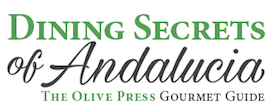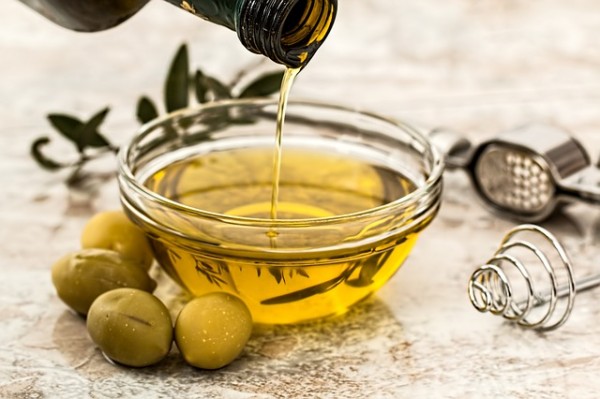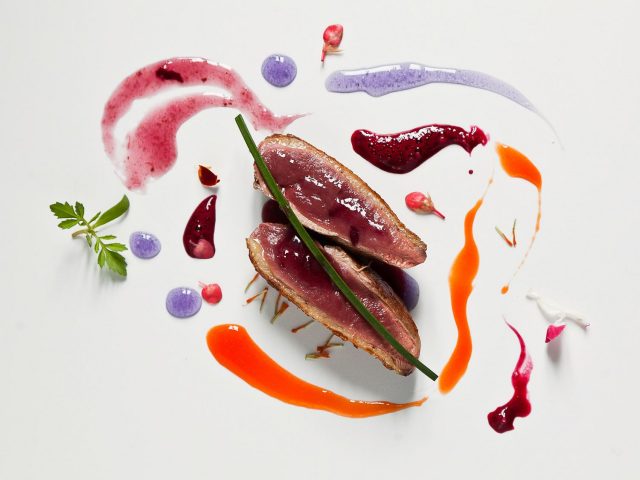- Have any questions?
- +34 951 273 575
- info@diningsecretsofandalucia.com

Brit gin company Tanqueray launches new Andalucian-inspired flavour
22 October, 2018
WATCH: Why you NEED to visit Malaga’s iconic El Pimpi restaurant, part-owned by Antonio Banderas
29 October, 2018HALF of Spain’s bestselling ‘extra virgin’ olive oil brands are falsely labelled, according to a new study by Spain’s Consumers and Users Organisation (OCU).
The consumer group found that out of 41 brands of olive oil tested, only 21 qualify for the premium ‘extra virgin’ classification, the rest belonging to the lesser ‘virgin’ category.
Taste, quality and care of the fruit, and acidity, were among the qualities of the oils that were tested by OCU in their independent laboratories.
Among the 20 charlatan drizzles named and shamed by OCU were Lidl’s Olisone at €4.92 a litre and Aldi’s Olearia De Olivar at €3.99 a litre, which were both deemed ‘poor quality’.
“No physicochemical problems have been detected, the only problem was in the taste test, which is an unreliable method,” said Primitivo Fernández, the director of the National Association of Edible Oils Bottlers and Refiners (Anierac).
Oleoestepa’s D.O.P.-certified oil came top in the study at €5.34 a litre, while Carrefour’s own extra virgin was rated second-best at a much more modest €3.63 a litre.
OCU gave the third place to the Hacendado extra virgin oil at €4.89 a litre, which is available in Mercadona supermarkets.
These three oils were the only to be rated 5/5 on the OCU’s taste test, while a further 18 still managed to pass the test by achieving three or four out of five.
The remaining 20 ‘extra virgin oils’ were deemed only to be ‘virgin’ after they all scored a meagre 2/5 on the taste test.
Manufacturers can perform their own oil analysis if they disagree with the OCU’s findings, as regulated under Royal Decree 538/2015, which was updated in 2015.






